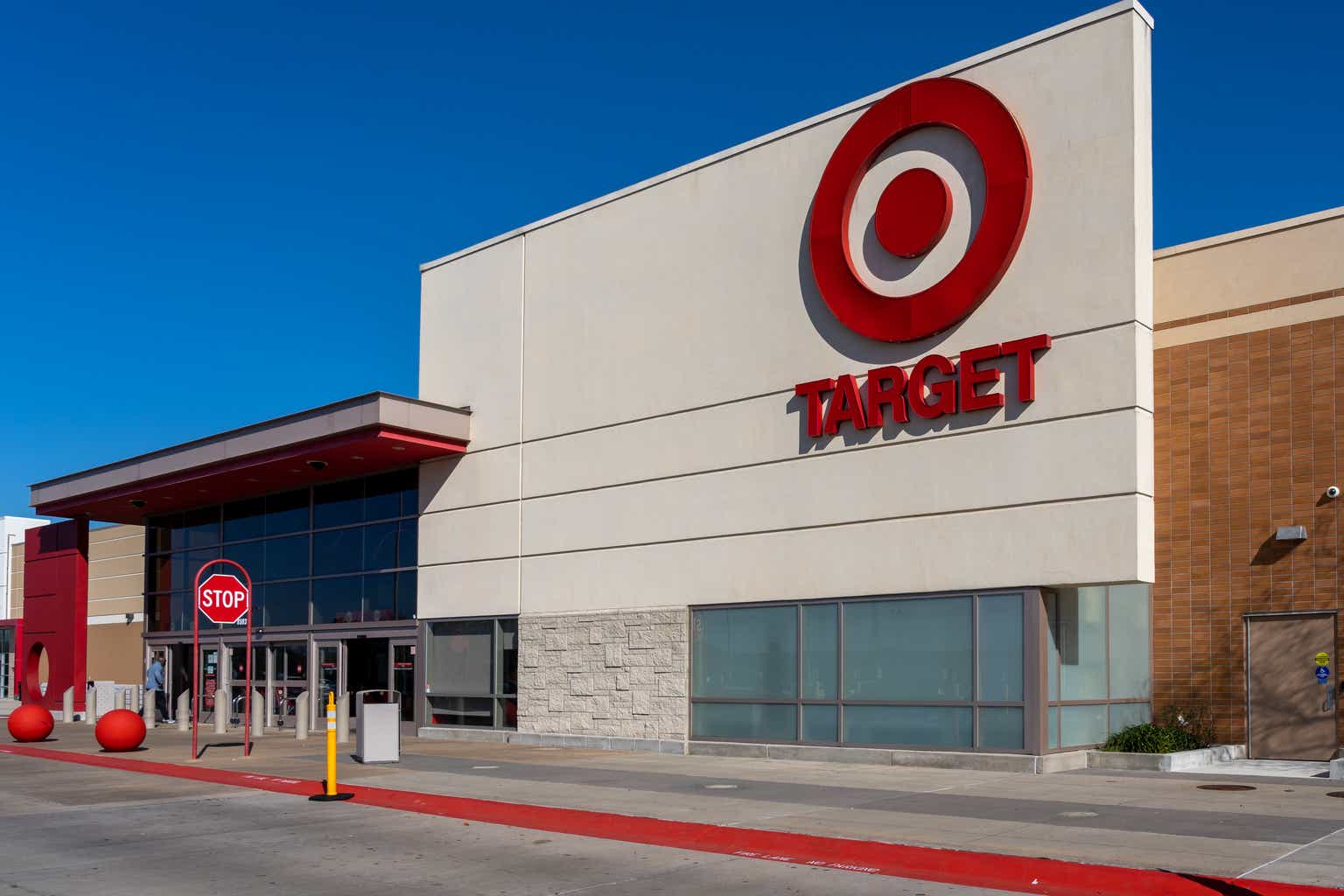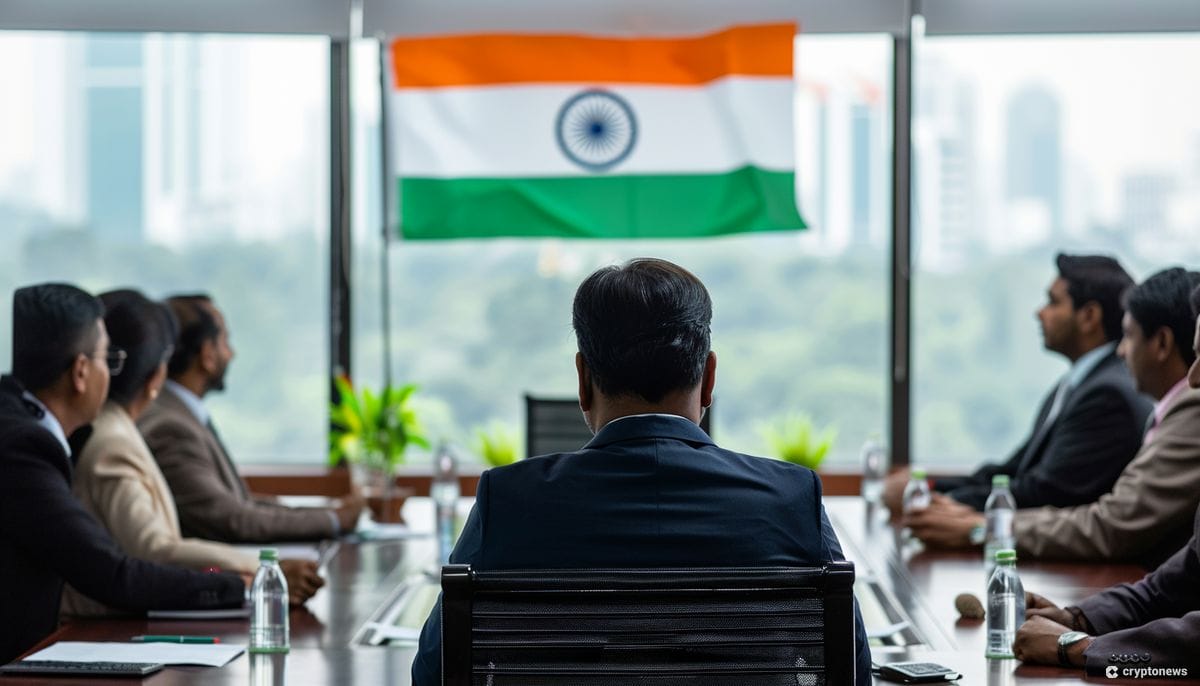During his visit to China, German Chancellor Olaf Scholz has called for fair competition in trade relations and warned against dumping and overproduction.
Speaking to students at Tongji University in Shanghai, Scholz emphasised the importance of fairness in competition, according to reports.. His visit comes amid potential EU tariffs on Chinese-made electric vehicles and other trade-related tensions.
The two nations also have differing views on how to handle Russia’s invasion of Ukraine. Scholz said: “The one thing that must always be clear is that competition must be fair,” and added that there should be no restrictions on companies, but they should behave as demanded, with no dumping or overproduction.
The European Union is considering tariffs to protect its producers from cheaper Chinese electrical vehicle imports, which some fear could saturate the European market. However, Hildegard Muller, the head of Germany’s auto industry association, the VDA, expressed opposition to such tariffs ahead of Scholz’s visit.
In comments published in the Welt am Sonntag newspaper on Saturday, she suggested that the tariffs could quickly have a negative effect in a trade conflict and would not benefit the European and German auto industries. Muller highlighted the importance of business with China, stating: “Current business with China secures a large number of jobs here in Germany,”.
Scholz has drawn parallels to the past scepticism when Japanese and Korean carmakers made their foray into the German market. “There was great agitation in the newspapers: ‘Now the Japanese cars will come and clean up’ – nonsense,” he remarked to students at Tongji University. He highlighted that there are already German cars in China produced with local partners, and predicted that Chinese cars will eventually make their way to Germany and Europe.
Kicking off his three-day visit to China on Sunday, Scholz started in Chongqing, an industrial powerhouse, where he and his delegation, which includes ministers and business leaders, toured a company with German investment and other key locations within the sprawling metropolis known for its automotive and various other industries.
The Chancellor is se to meet with Chinese President Xi Jinping and Premier Li Qiang on Tuesday in Beijing, before jetting back to Berlin the same day. During his visit, Scholz is expected to press Xi on China’s economic backing of Russia amid the ongoing conflict in Ukraine, now two years since Moscow’s incursion.
Before arriving in China, Scholz took to social platform X to share his conversation with Ukrainian President Volodymyr Zelenskyy about the recent “massive” Russian airstrikes targeting civilian energy infrastructure, which took place on Saturday. He affirmed Germany’s unwavering support for Ukraine, vowing that Berlin would “stand unbreakably by Ukraine’s side.”
China has refused to condemn Russia’s aggressive actions, continuing its trade ties and military exercises with Moscow. A recent US intelligence report highlighted an uptick in Chinese equipment sales to Russia, bolstering its war efforts against Ukraine.
Meanwhile, Berlin is on high alert over the possibility of China making a move on Taiwan, which, despite being self-governed and located a mere 130 kilometers off China’s coast, is claimed by Beijing as its territory. Chancellor Scholz, speaking to students in Shanghai, underscored that borders “must not be moved by force.”
“We should not be afraid of our neighbors,” he declared, stressing the significance of global institutions like the World Trade Organization. Despite political tensions and trade disputes, China retained its position as Germany’s leading trade partner for the eighth consecutive year in 2023.
The two nations exchanged goods and services worth 254.1 billion euros ($271billion), edging out trade volumes with the US , albeit marking a 15.5% decrease from the previous year. This marks Scholz’s second visit to China since assuming the role of chancellor in late 2021. His initial visit in November 2022 was a brief one-day affair due to stringent COVID-19 restrictions at the time.
It’s also his first trip since the German government unveiled its China strategy last year, which drew criticism from Beijing. Premier Li, along with top officials, reciprocated with a visit to Berlin in June.






